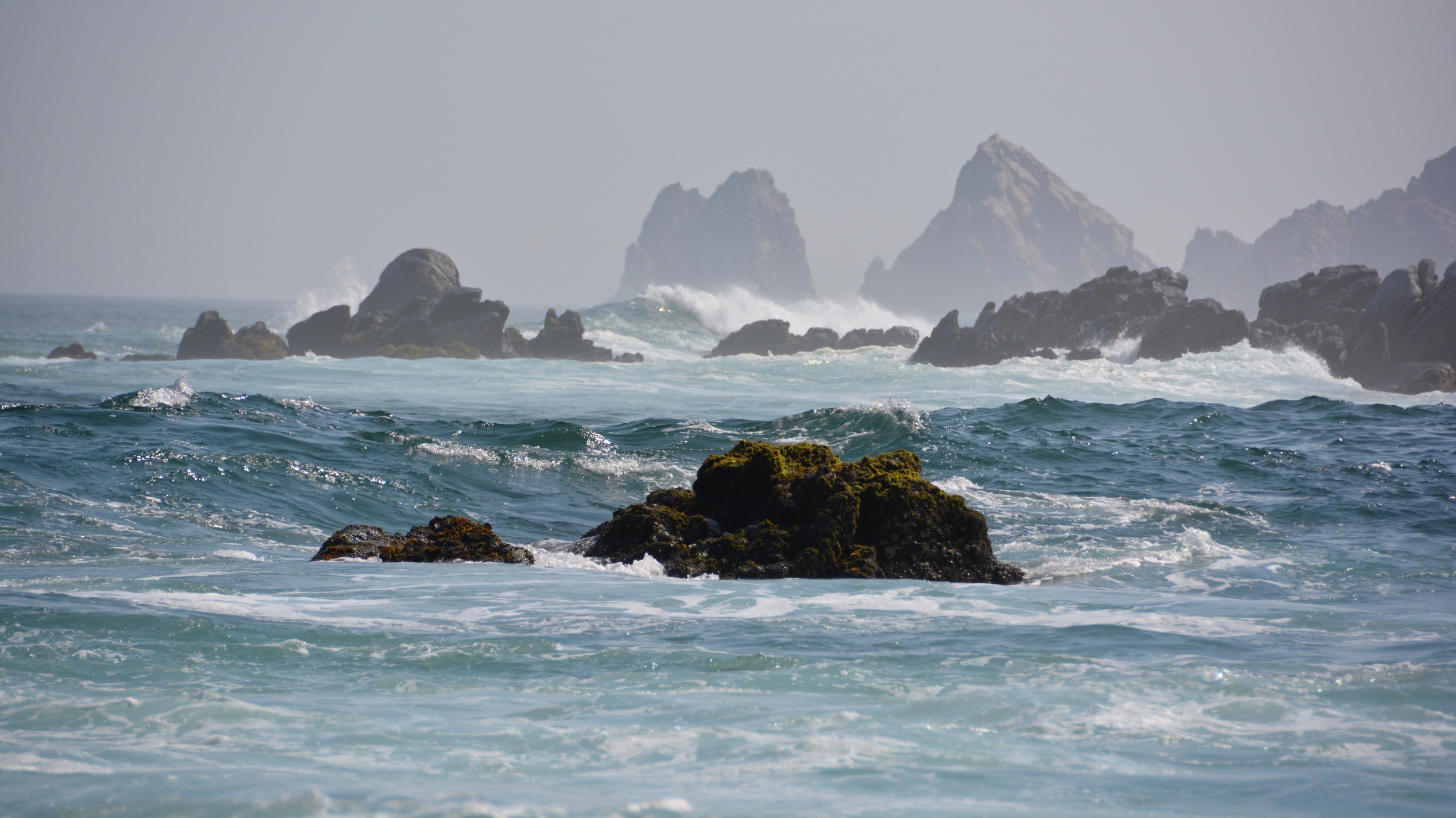"In 1651 a British physician named Francis Gibson published the world’s first comprehensive treatise on rickets, an “absolutely new disease … never described by any ancient or modern writers.” Now seen the world over, it was dubbed “the British Disease.” Rickets is a childhood condition characterized by skeletal deformities, twisted bones, bone pain, dental problems, and muscle weakness. Left untreated it will disable a child for life. Rickets is caused by a vitamin D deficiency, resulting from a lack of sun and poor diet – two things for which Britain has long been known."
"Though most people associated rickets with the urban industrial poor, holed up in windowless tenements, rickets started out as a disease of the proto-industrial rich. The rich were wealthy enough to avoid the most widely available cure for rickets – sunlight – because they didn’t have to work in the fields. Pale skin even became fashionable. Rickets emerged just decades after the reign of Queen Elizabeth I, who was famously pale; the aspirational merchant class mimicked the high status behaviors of the hereditary elite. The very term “blue blood” is a reference to paleness so extreme that a person’s veins are visible through the translucent skin."
Source:The Paleo Manifesto









